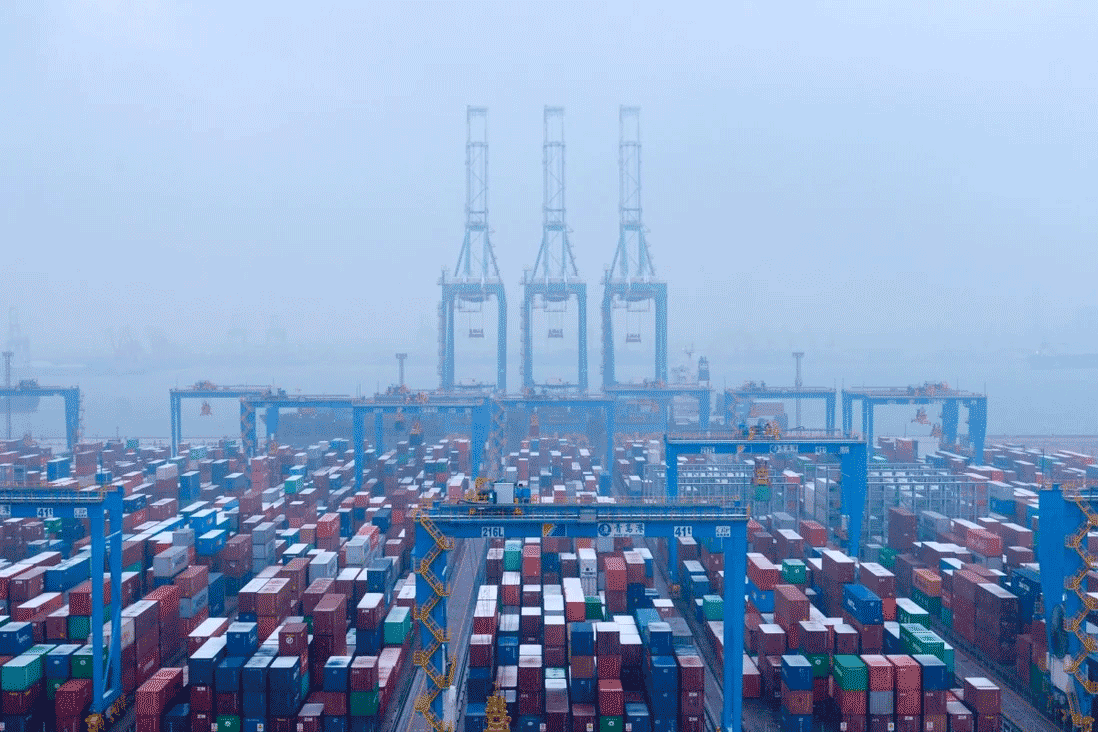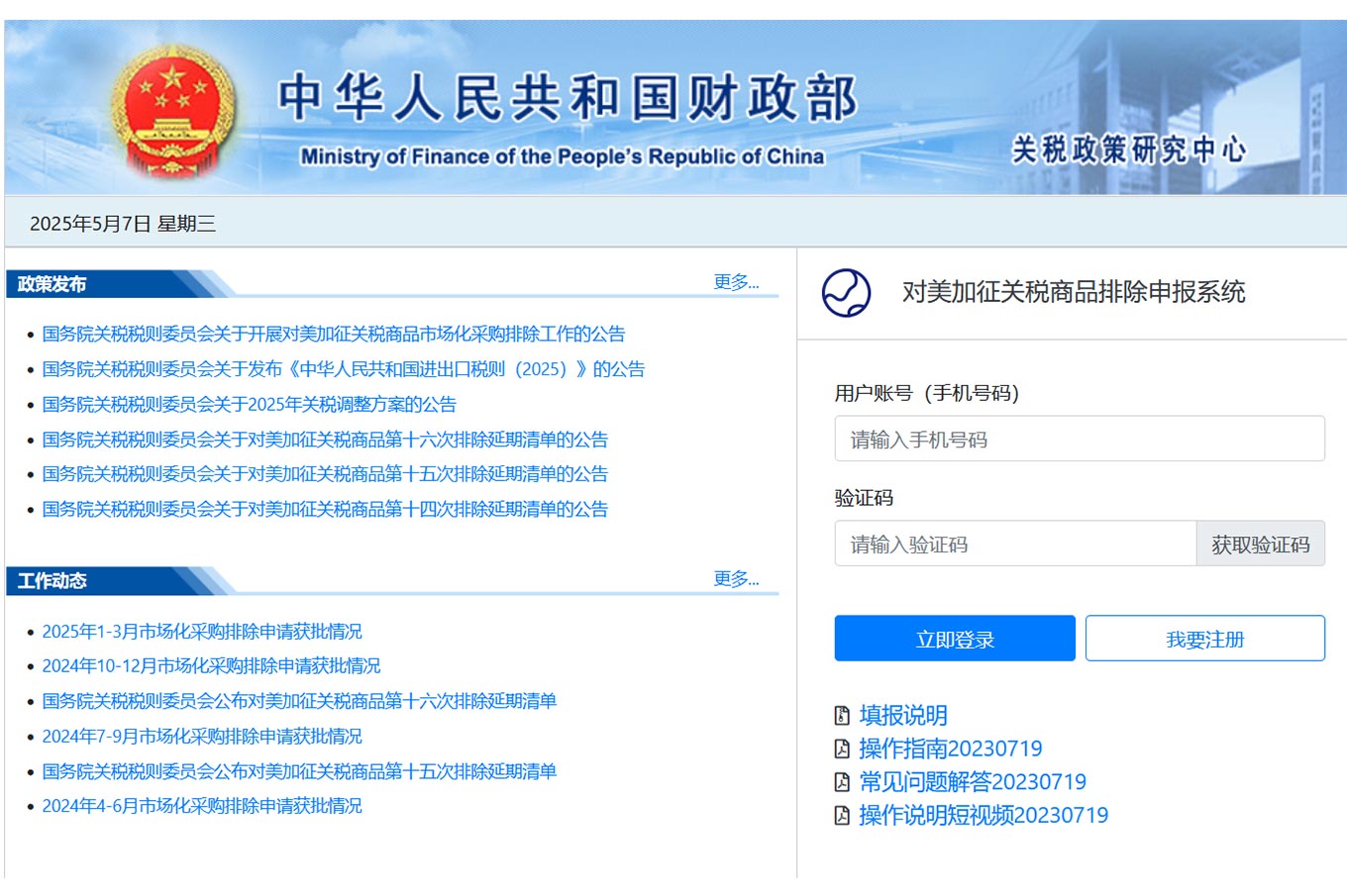- Shanghai Zhongshen International Trade Co., Ltd. - Two decades of trade agency expertise.
- Service Hotline: 139 1787 2118
On May 19, the South Korean government clarified its position regarding restrictions on personal cross-border e-commerce (direct overseas purchases), stating that reports about a complete ban on 80 categories of products without Korean safety certification were inaccurate. Lee Jung-hyun, Second Vice Minister of the Office for Government Policy Coordination, stated during a press briefing that a blanket ban on 80 product categories was neither practically feasible nor legally possible, and the government had never considered such a plan. Relevant authorities will conduct preemptive safety inspections on these 80 product categories, implementing bans only on harmful items.

Lee Jung-hyun emphasized that the South Korean government has no justification nor capability to prevent consumers from purchasing safe products through cross-border e-commerce. He stressed the governments commitment to conducting thorough safety inspections and disclosing results to ensure public safety. Korean Certification (KC) isnt the only solution for cross-border product safety, and the government will carefully consider various opinions before making decisions.
He also stated that the Plan to Enhance Safety for Cross-Border Shopping Consumers and Corporate Competitiveness released by the South Korean government on the 16th of this month caused confusion, for which the government deeply apologizes. The plan announced that starting in June, 80 categories of products without Korean certification would be banned from cross-border shopping, including 34 categories of childrens products and 34 categories of electrical and household goods. This plan was interpreted as a comprehensive ban on cross-border shopping, sparking widespread controversy and misunderstanding.
Statistics Korea data released on May 1 shows South Koreas Q1 cross-border e-commerce transactions reached 1.6476 trillion won (≈8.77 billion RMB), a 9.4% YoY increase, setting a new quarterly record. Chinese imports saw particularly dramatic growth, reaching 938.4 billion won (up 53.9% YoY), accounting for 57% of total cross-border purchases - a 16.5 percentage point increase from 40.5% in the same period last year, marking the highest proportion since records began.
These figures reflect strong Korean consumer demand for cross-border shopping, particularly for Chinese goods known for their variety and affordability. The South Korean government must carefully consider these market trends and consumer preferences when formulating cross-border e-commerce policies.
Related Recommendations
? 2025. All Rights Reserved. Shanghai ICP No. 2023007705-2  PSB Record: Shanghai No.31011502009912
PSB Record: Shanghai No.31011502009912










